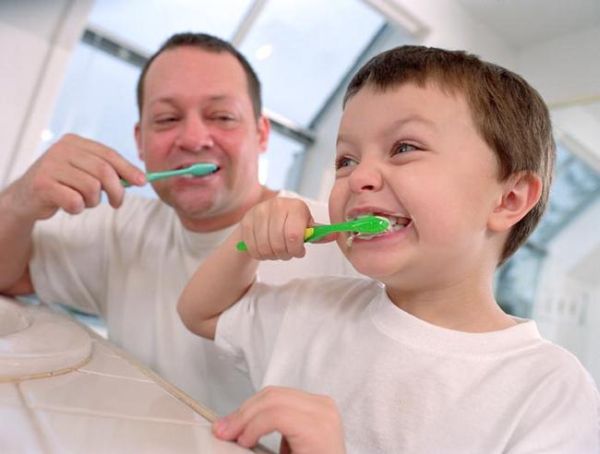<p style="text-align: justify;">Your teeth and your gums are vulnerable to disease and infection. This is why regular oral hygiene is so important. Brushing, flossing, and visiting the dentist are crucial. When it comes to gum diseases, gingivitis is actually the mildest. In fact, a lot of people have gingivitis and have no idea that they actually have it &#8211; it&#8217;s that mild. However, this doesn&#8217;t mean that you shouldn&#8217;t get diagnosed and treated for gingivitis, because it could lead to periodontitis, which is a severe gum disease that can be incredibly painful &#8211; you could even lose your teeth. There are also a number of ways to prevent gingivitis in the first place. Here are five helpful gingivitis prevention tips.</p>
<p style="text-align: justify;"><img class="aligncenter size-full wp-image-2510" alt="5 Helpful Gingivitis Prevention Tips" src="https://medusamagazine.com/wp-content/uploads/2014/12/5-Helpful-Gingivitis-Prevention-Tips.jpg" width="600" height="454" /></p>
<ol style="text-align: justify;">
<li><strong>Brush your teeth and gums regularly.</strong> When you brush your teeth, you also want to brush your gums &#8211; it&#8217;s as simple as that. While your teeth have a number of bacterium, your gums could be just as covered with germs. Ideally, you want to use your toothbrush to get deep inside the gums &#8211; you also want to brush the back of your gums and anywhere else that is hard to reach.</li>
<li><strong>Floss your teeth.</strong> It is also imperative to floss your teeth if you want to prevent gum disease. Flossing will remove plaque and tartar that can hide between your teeth. Oftentimes, it is this plaque and tartar that causes the chain reaction of gingivitis &#8211; mainly because the bacterium is left on the gums. Ideally, you want to floss your teeth twice a day &#8211; typically before you brush. This will ensure that all the bacteria, plaque, and tartar is removed.</li>
<li><strong>Visit a dentist for a check up.</strong> On top of everything, you also want to visit a dentist. A dentist will be able to give you a checkup and he or she will also professionally clean your teeth. Moreover, your dentist will be able to identify some of the early warning signs of gingivitis. This will allow you the ability to combat the issue before it&#8217;s too late. The last thing you want is to let gingivitis turn into a more serious gum disorder, because tooth loss and other serious problems can become a reality.</li>
<li><strong>Replace your dentures</strong>. If you wear dentures or partial dentures, it may be time to replace them. It is important to replace your dentures every few years or so because old dentures could cause an excess of bacteria to come in contact with your gums. When you don&#8217;t have teeth, your gums are already vulnerable, so you want to be sure you take care of your dentures. You can usually visit a dental clinic, like Sun Dental &; Dentures, to have a new mold made.</li>
<li><strong>Use a mouthwash.</strong> Using a mouthwash is also important &#8211; usually before and after you brush. You don&#8217;t need a lot &#8211; just a little to rinse out the bacteria and to fully remove any germs. You can think of mouthwash as the primer to your teeth brushing regimen.</li>
</ol>

5 Helpful Gingivitis Prevention Tips
